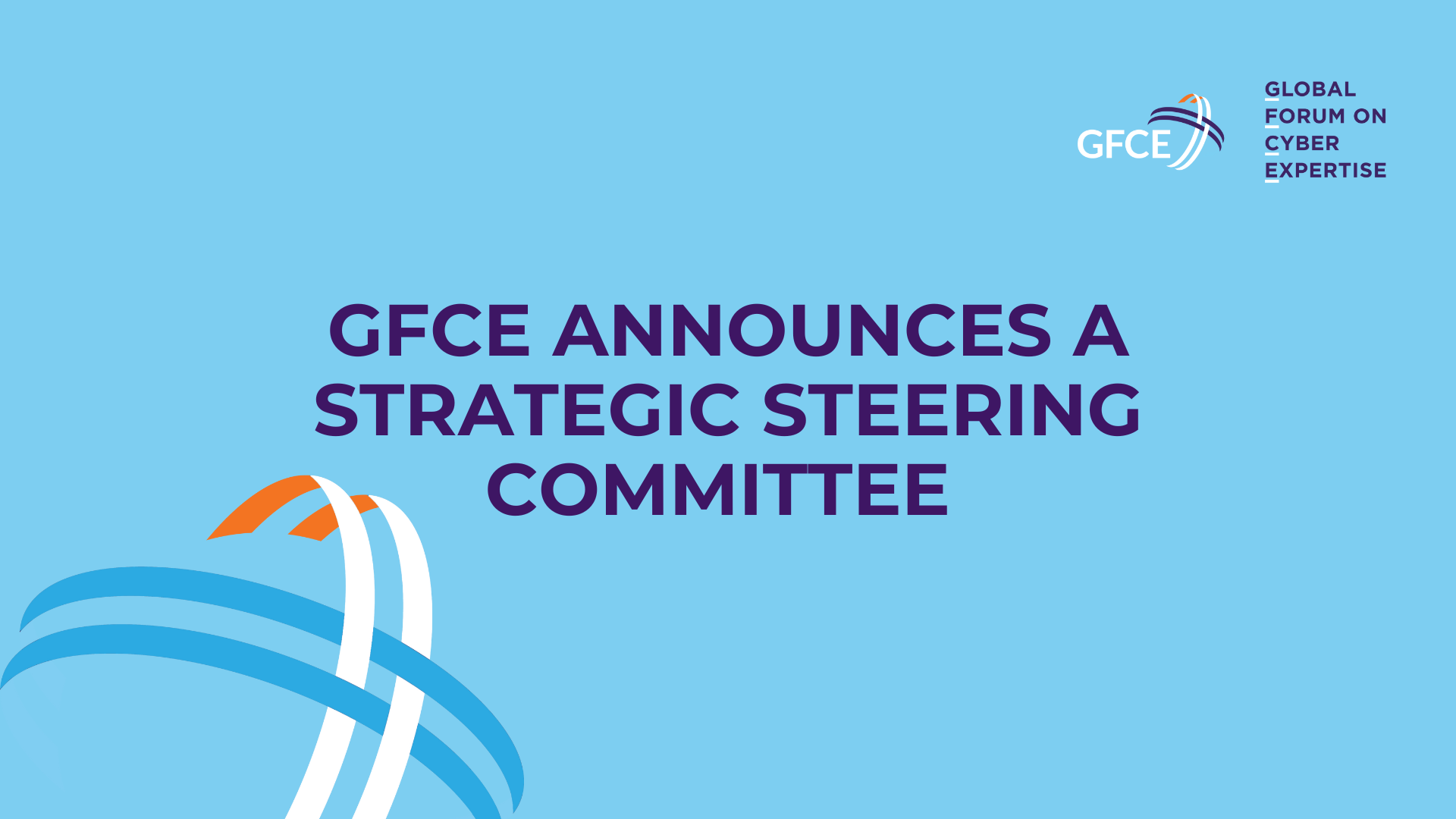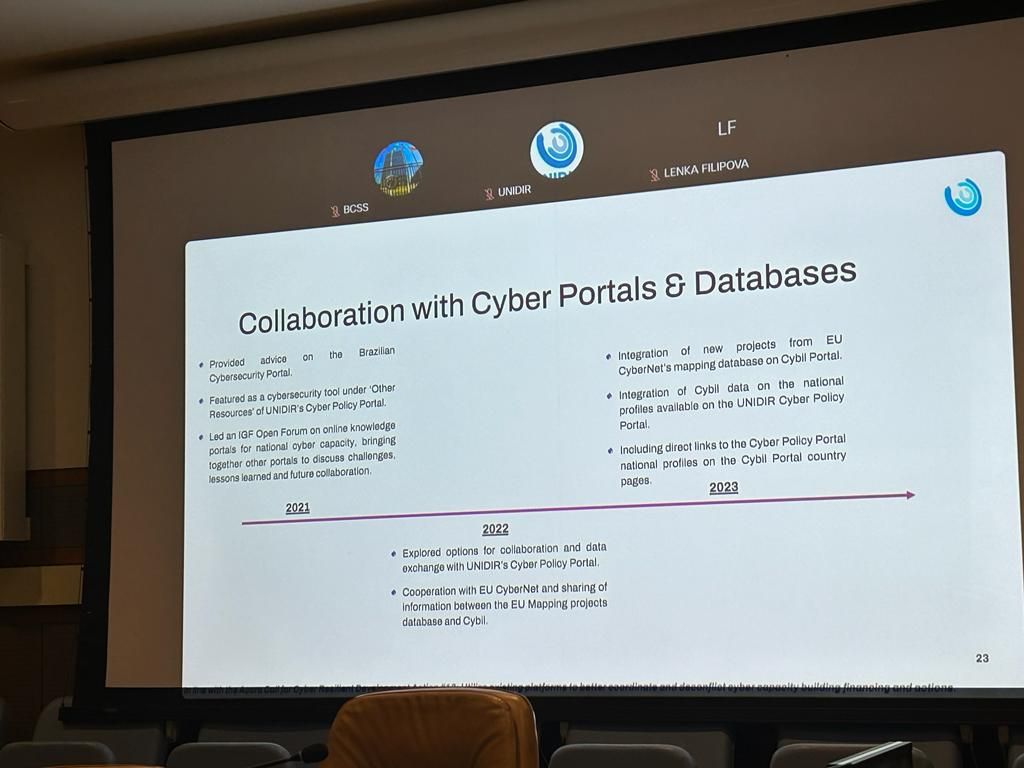The GFCE Announces a Strategic Steering Committee

The Global Forum on Cyber Expertise (GFCE) is proud to announce the establishment of a new Strategic Steering Committee (SSC). This marks a significant milestone in the evolution of GFCE’s governance, reflecting our commitment to being a multistakeholder, community-driven platform. Strengthening Governance and Community Involvement As the GFCE continues to grow and mature as a […]
Global annual meeting 2024
The Global Forum on Cyber Expertise (GFCE) is excited to announce the Annual Meeting 2024, taking place on September 10th and 11th in Washington, D.C. This event will convene leading experts, policymakers, and partners from around the globe to shape the future of global cyber capacity building. Coinciding with the Annual Meeting, the GFCE will […]
Critical Success Factors: A Guide to Successful Cyber Capacity Initiatives through the GFCE’s Clearing House mechanism

By: Jaqueline Pateguana, Clearing House Coordinator In the face of escalating cybersecurity risks, the GFCE Clearing House tool remains crucial in coordinating cyber capacity building initiatives at local, regional and global levels. By offering tailored assistance, it connects members of the GFCE community to resources and expertise, fostering collaboration to address the increasing threats to […]
UNIDIR and GFCE Joined Forces to Enhance Knowledge and Information on Cyber Capacity Building Globally

In a significant stride towards fostering collaboration in the realm of cyber capacity building, the Global Forum on Cyber Expertise (GFCE) has joined forces with the United Nations Institute for Disarmament Research’s (UNIDIR) Cyber Policy Portal (CPP) and its own Cybil Portal. This collaboration, announced in the margins of the Open-Ended Working Group (OEWG) 6th […]
UK-GFCE Institution Building: Cyber Capacity Building
Sponsor UK Foreign, Commonwealth & Development Office Duration 1 April 2022 – 31 March 2024
Clearing House Coordinator/Global Partnerships Manager (UK FCDO)
Sponsor UK Foreign, Commonwealth & Development Office Related regions: Americas & Caribbean Europe Pacific Duration September 2021 – March 2022 Project objectives Description
Pilot GFCE Global Cyber Capacity Building (CCB) Research Agenda
Sponsor GAC Duration 15/10/2020 – 15/08/2021 Project objectives Improved gender-sensitive research-based cyber capacity building (hereafter CCB) projects developed within GFCE member-states’ national cyber entities. CCB projects are on the most urgent themes as identified by the GFCE community (cyber policy and strategy, cyber incident management, critical infrastructure protection, cybercrime legislation, cyber(crime) awareness and cyber security […]
United States Support to International Cyber Capacity Building Efforts
Sponsor US government Duration 01/10/2021 – 30/09/2025 Project objectives This Project aims to provide platforms for cyber policymakers, practitioners and experts from different countries and regions to: facilitate sharing experience, expertise, cyber capacity building (CCB) best practices and assessments on key regional and thematic cyber issues; identify gaps in global cyber capacity and develop innovative […]
